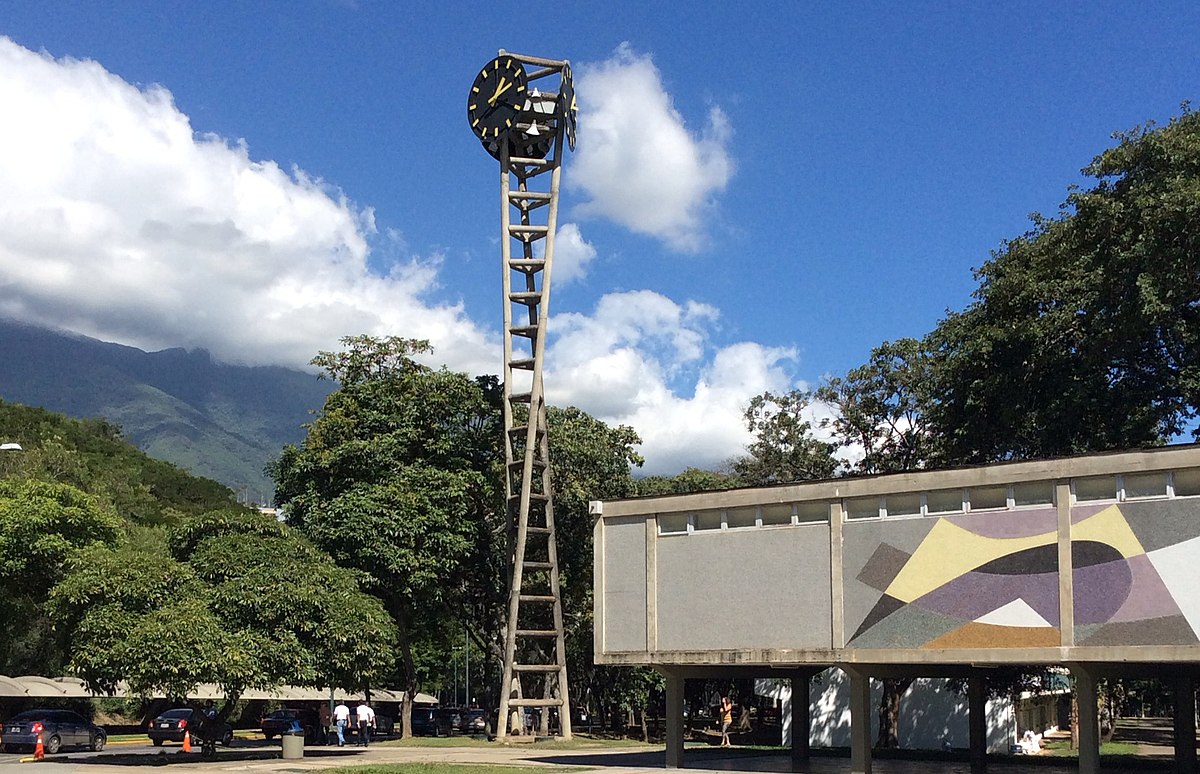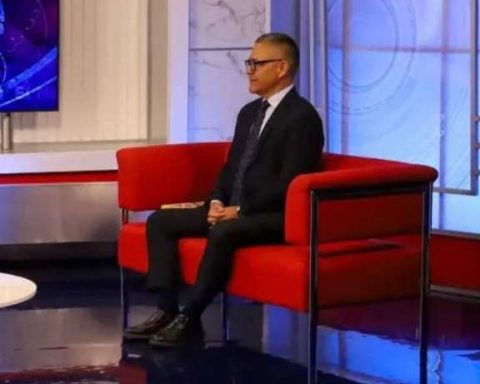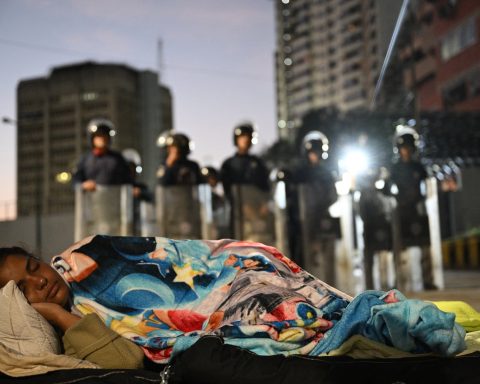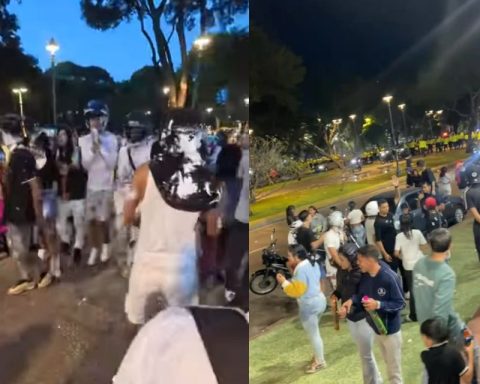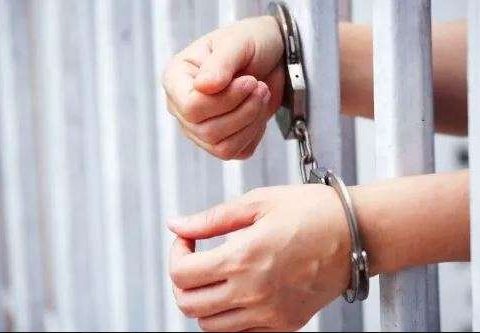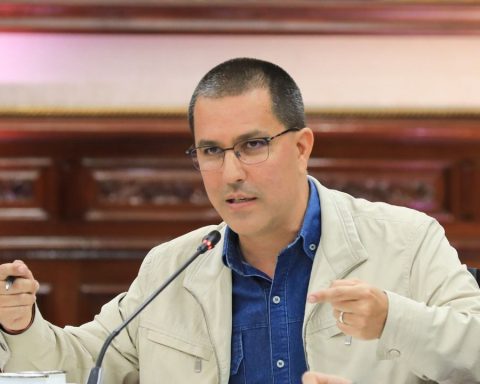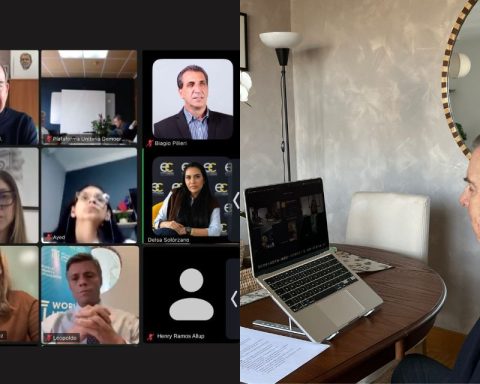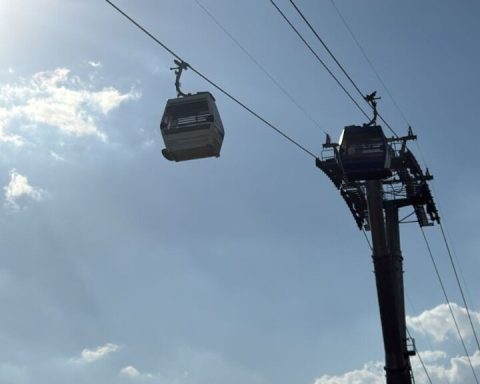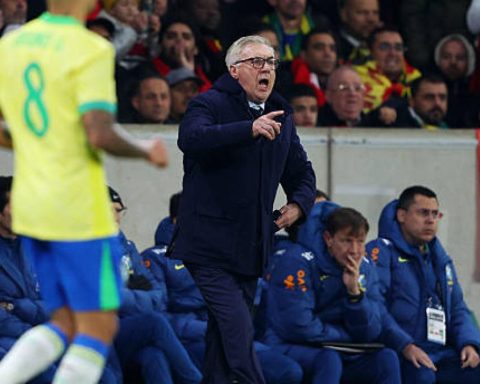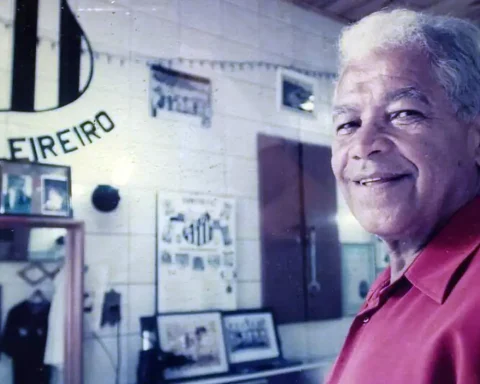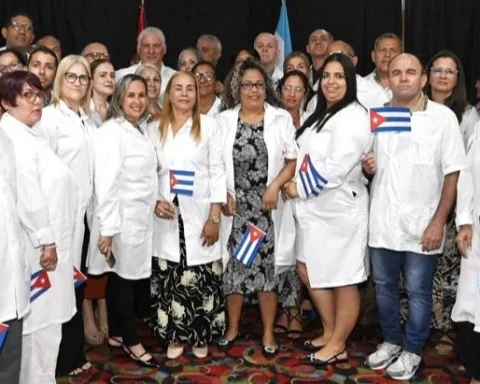The suspended elections of the UCV authorities on May 26 cost more than 30,000 dollars, since 3,000 dollars are still owed to the companies in charge of food and material and the electoral process.
To this amount are added 45,000 dollars that will cost the renewed election on June 9, to which will be added the expenses, not yet estimated, of the second electoral round with a date not yet defined by the Electoral Commission.
Overall, the elections for the choice of the leaders responsible for the Ucevista government and co-government will imply a disbursement of more than 100,000 dollars. Of this amount, the 30,000 of the unsuccessful initial event were contributed by the Bolivarian Government; while the 3,000 dollars owed from the frustrated May 26 election, as well as those required for the second round of elections will be subtracted from the budget items already assigned to the eleven faculties of the house of studies.
The contribution for the suspended election arose from the conversations held between the UCV authorities, led by Amalio Belmonte, secretary of the university, and representatives of the national government that have not yet been identified.
The imprecision in the figures for electoral expenses is due to the fact that they have not been elucidated and even less discussed in depth by the University Council, which also did not insist on inquiring about the conversations with the government and the detailed destination of the allocations.
The company designated for the electoral process of last May 26 is the same for the upcoming June 9: Sistemas NCS, CA, in whose letter of introduction its Founder/President, Leopoldo Alberto Pérez Meltke, states that since the beginning of its activities in Investments Petroil made several contacts with the NCS company, based in Minneapolis, Minnesota, to represent its interests in Venezuela.
“NCS products are world leaders in high-speed mark recognition with great accuracy,” he says.
Pérez says that after making several sales in the educational sector, he decided to found the company Sistemas NCS, CA, which has managed the sales and maintenance of Scantron Corp. optical reading equipment. The firm acquired the company NCS and now represents www.scantron.com
The businessman points out that Sistemas NCS, CA came to install more than 500 massive data capture systems, among the most notable are: OCEI census process 1991 and 2001, CNU academic aptitude test for more than 10 years, Ribas Mission, Mission Vuelvan Caras, national statistics of deaths, divorces, births, processes in the four armed forces and the General Command of the Army for their academic and personnel evaluations.
“We managed to process the admission tests of 90% of the country’s universities until 2013, we process the updating of the Seniat database in the SENIAT Program up to date. With the Supreme Electoral Council, from 1992 to 1995, we participated in several mechanized elections”.
In the commercial area, it targets companies Polar, Datanálisis, Bristol, Myers & Squibb de Venezuela, Procter & Gamble, Elmor Laboratories, Leti Laboratories used our solutions for order processing, satisfaction surveys and personnel evaluations.
The Report of the Electoral Commission of the UCV does not mention or hold any company responsible for the electoral failure of May 26. In the text it affirms that the contingency of the loss of information was presented due to errors committed by the support personnel hired by the Electoral Commission to verify all the data of the electoral records. “This fact resulted in the Commission’s technical staff having to redo all the data and associated computer processes again, which harmed subsequent processes.”
In point 4 he recounts: “The staff reported that same day that they had problems with the publication of the final record but that they would be resolved as soon as possible. Arriving on Saturday, May 20, 2023, the secretary, in the absence of publication of the registry, informed the technical area that he planned to speak with the members of the Commission to see the possibility of deferring the date of the election, to which they replied that It was not necessary because we could solve in time”.
In point 5 it says that “Published the record on Tuesday, May 23, 2023, given the imminence of the electoral process, the technical area was asked again if we could comply with the printing of notebooks and ballots before the date scheduled for the election, to which they answered yes, that we could carry out the process of printing ballots and electoral notebooks within the corresponding deadlines.
From that same day, all the personnel of the Commission were engaged in the processes of printing and elaboration of electoral cotillions, including minutes, credentials and other material that at some point interrupted the general impression”.
In number 6, it states: “On Wednesday, May 24, 2023, before going to the University Council to present the election report, we again consulted whether we could comply with the schedule and hold the elections on May 26, the decision being affirmative. answer, that if we could comply with the schedule and the election.
In number 7, he highlights that “The Electoral Commission, under the principle of good faith carried out by the staff, never had doubts about their work and ability to carry out the process, because they have already carried out these procedures in previous elections, without drawbacks. We recognize the inadequate supervision of the processes, derived from the above and from the haste in the times that brought us closer to the day of the election”.
In number 8, when you talk about the disorganization of electoral material, you point out that it was delivered to the subcommittees by this Commission, we must point out that the
postponement of the beginning of the electoral process by one (1) hour, was due to the fact that the packaging for the transfer of the material to the place where it was going to be delivered to the subcommittees in the UCV had not been completed. Later, once the electoral cotillion was delivered, we were informed by the subcommittees of the different faculties that the material was incomplete in the cotillion, and we were able to verify the “errors” in the preparation of these.
